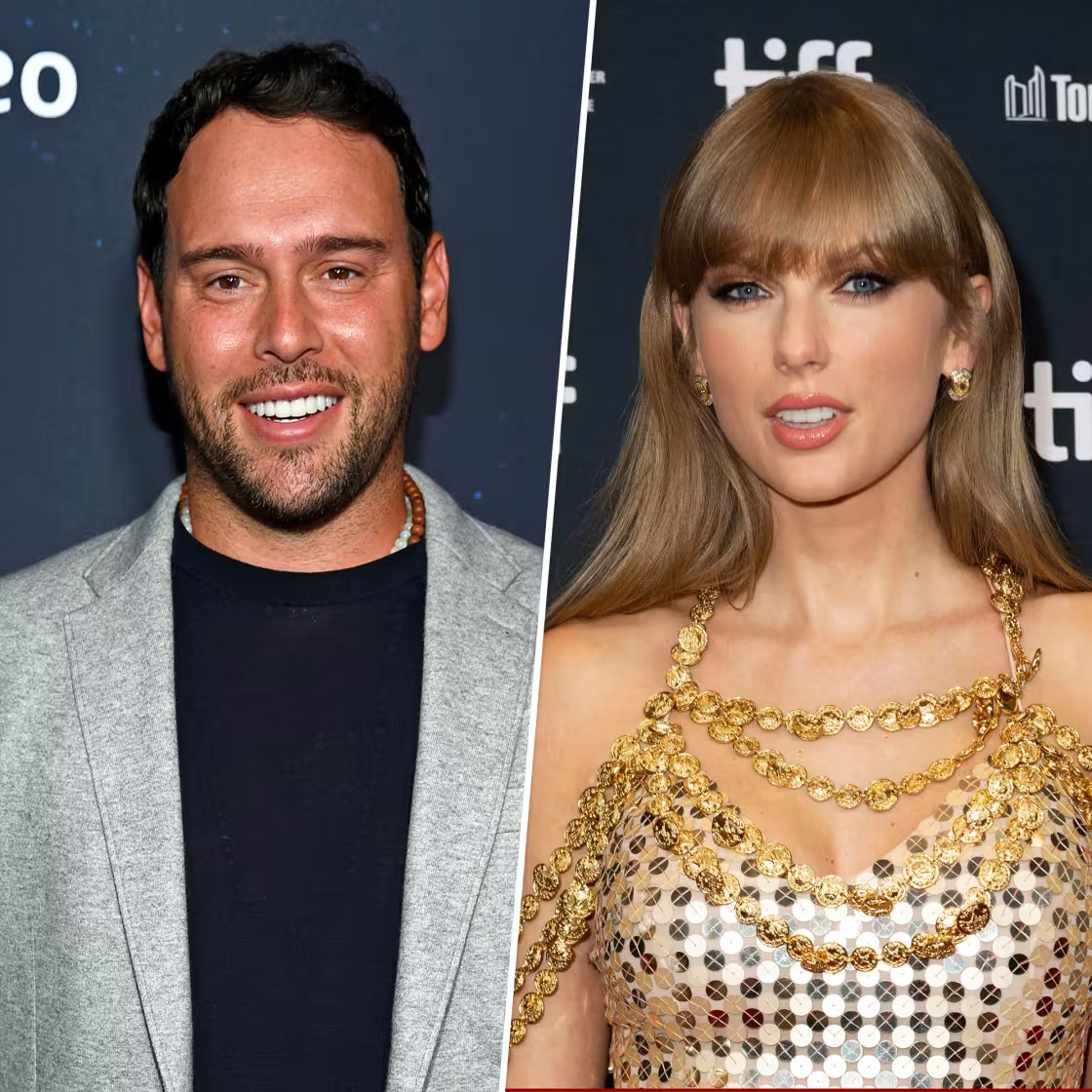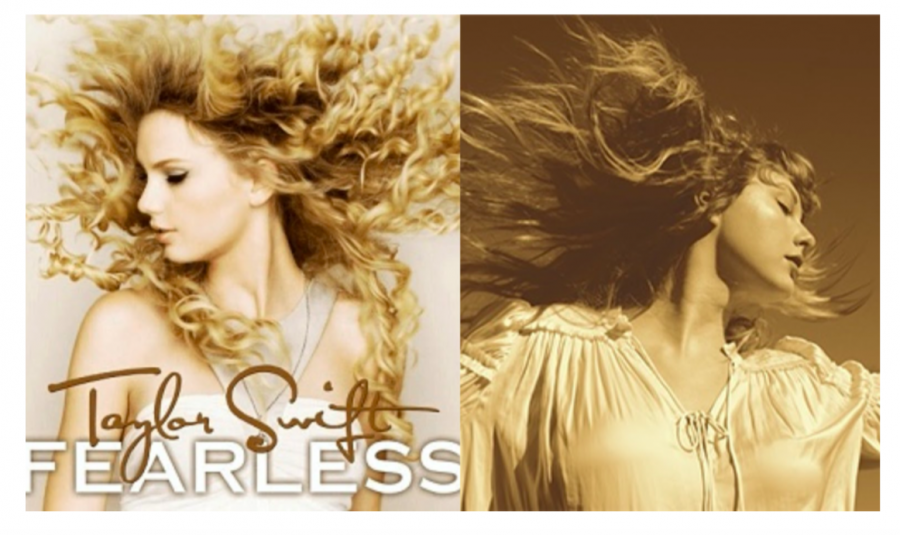Copyright War (Taylor's Version): How Re-Recording Sparked a Fight for Artistic Ownership
The Basics: What Is Copyright in Music? 🎶
In music, copyright typically covers two key components:
-
Musical Composition – the melody and lyrics, owned by songwriters and their publishers.
-
Master/Sound Recording – the recorded performance of that composition, often owned by the record label.
So, when you listen to a Taylor Swift song from her early years (before 2019), you’re hearing a sound recording owned by Big Machine Records, not by Taylor herself—even though she wrote and performed the song.
The Ownership Dispute 💥
Taylor Swift signed with Big Machine Records as a teenager. Under her contract, the label owned the master recordings of her first six albums. When music executive Scooter Braun acquired Big Machine in 2019, Taylor’s masters were part of the deal.
Swift has openly opposed this, saying she was not given the chance to buy back her masters. In protest and to regain control over her work, she launched a re-recording project starting with Fearless (Taylor’s Version) in 2021.
Is It Legal to Re-Record Your Own Music? 🤔
Yes—if certain conditions are met.
Contracts often contain re-recording restrictions, which typically prevent an artist from making new recordings of the same songs for a certain number of years. Once those clauses expire (usually 5–7 years from the initial release or after the contract ends), the artist is free to re-record the music.
According to Section 114(b) of the Copyright Act. The applicable section of the Copyright Law states:
The exclusive rights of the owner of a copyright in a sound recording under clauses (1) {making copies] and (2) [making derivative works] of section 106 do not extend to the making or duplication of another sound recording that consists entirely of an independent fixation of other sounds, even though such sounds imitate or simulate those in the copyrighted sound recording. 17 U.S.C.A. § 114(b).
In Taylor’s case, she waited until those periods lapsed. Legally, she could then:
-
Re-record the musical composition (which she co-wrote and co-owns).
-
Create new sound recordings that she owns entirely.
-
Distribute and monetize those new versions however she pleases.
Why It Matters 👀
-
Control: Swift now owns the copyright in the new sound recordings. That means any film, commercial, or streaming service that wants to use her songs can work directly with her—cutting Big Machine out of the picture.
-
Revenue: Fans and platforms switching to Taylor’s Version generates royalties for her, not the previous owners.
-
Message: It’s a public assertion of artistic and economic agency in an industry where artists often lack ownership of their biggest hits.
Implications for the Music Industry 🎼
Taylor’s bold re-recording campaign has:
-
Inspired other artists to rethink contract terms and fight for ownership.
-
Sparked conversations about fairness in artist-label relationships.
-
Educated the public on copyright and the difference between writing a song and owning its recording.
Taylor Swift’s Taylor’s Version series isn’t just about nostalgia or revenge—it’s a masterclass in how copyright works in the real world. By leveraging her legal rights, she’s reshaping how artists can protect and reclaim their work.
And if you ever wondered why you now see “(Taylor’s Version)” on Spotify, Apple Music, or movie trailers; it’s not just branding. It’s copyright in action.
By Wan Mawaddah Rahmat 1211103164
Sources:
- https://www.flblaw.com/taylors-version-explaining-taylor-swifts-re-recordings-under-the-copyright-law/
- https://hls.harvard.edu/today/how-taylor-swift-changed-the-copyright-game-by-remaking-her-own-music/
- https://www.today.com/popculture/music/taylors-version-meaning-swift-rerecording-albums-rcna98513





Love Taylor Swift! but did you know that most of our favourite artists don’t even own their own music masters? It’s honestly such a huge deal that she was even able to own one album, let alone most of them. That’s almost unheard of in the industry!
ReplyDelete